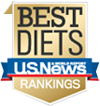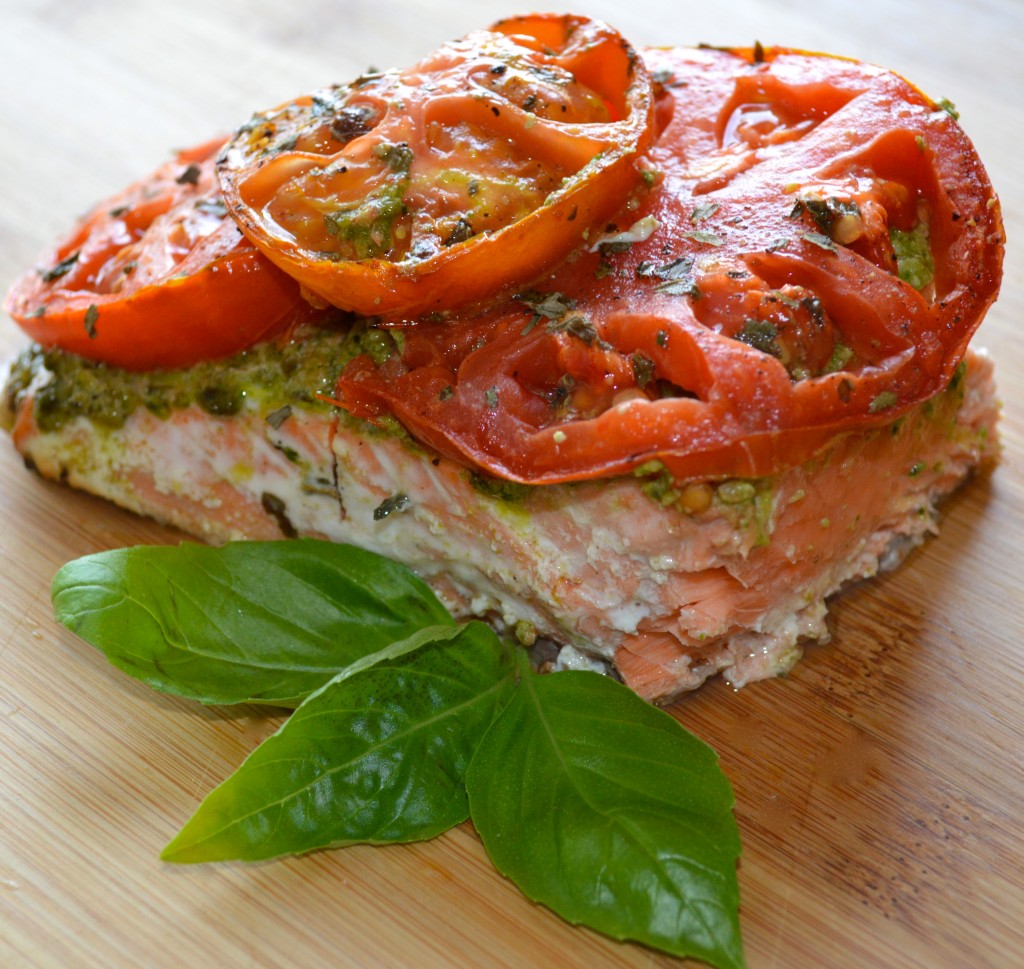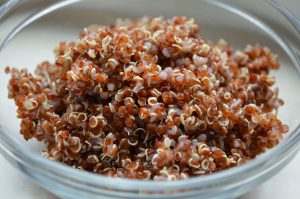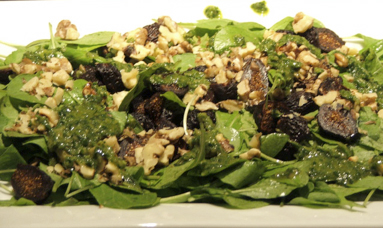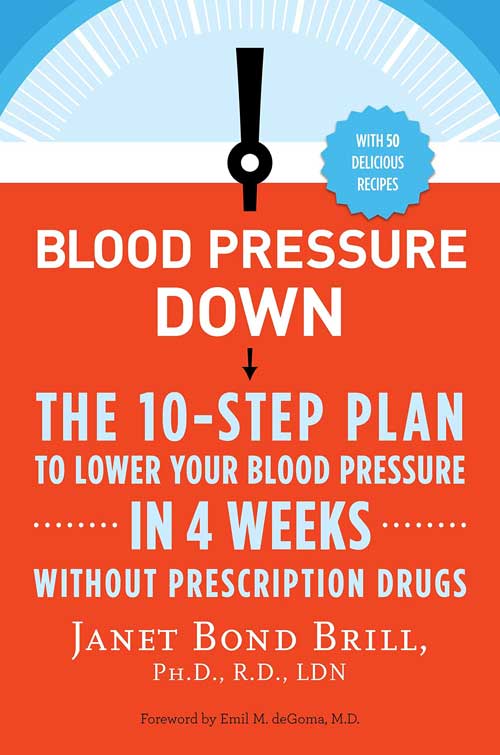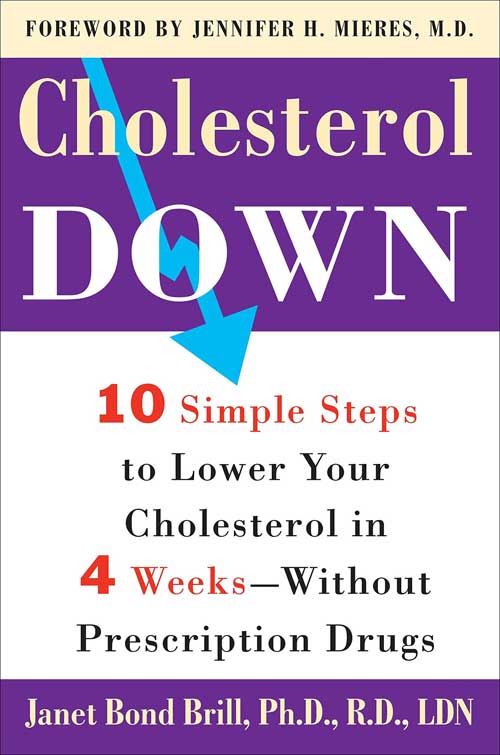By
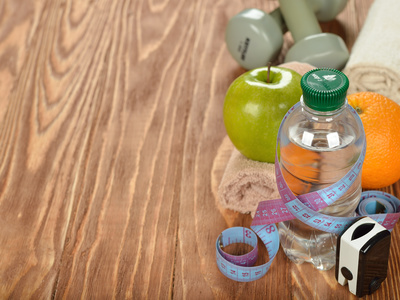

When you suffer from addiction, eating right and exercising are the last things on your mind. Plus, the alcohol and drugs can take a serious toll on one’s physical and mental health. Essentially, the substances steal the nutrition from the blood cells. This often leads to the deterioration of vital organs as the body”‘s ability to remove toxins diminishes. For these reasons, maintaining a proper diet and exercise routine during and after recovery treatment is imperative.
Addiction Takes a Toll on the Body
An extended use of drugs and alcohol will eventually begin to take a toll on the body. It can affect systems in the body that include the cardiovascular, digestive, immune and circulatory. Drugs and alcohol can also have a significant impact on vital organs including the kidneys, brain, and skin. The good news is that the body has a marvelous way of healing itself with the proper nutrition and physical activity. In fact, the body can generate millions of cells per second. Organs like the skin regenerate within a month while the liver takes about six weeks. Everything from the blood cells in your body to the lining in your stomach can eventually regenerate itself.
For those who have abused drugs and alcohol over a prolonged period of time, there is a significant chance of reversing the physical damage that has been caused in the body. This is why men andwomens drug rehab facilitiesmake it a point to focus on a strategic plan for diet and nutrition during recovery.
Eating the Right Foods
What types of foods should you eat during and after recovery treatment to help the body heal from drug and alcohol abuse? The best solution would be to try to use the U.S. Department of Agriculture”‘s healthy food group pyramid. This is a great way to start as your focus will be on providing your body with nutrients, vitamins, and antioxidants through the foods you eat.
Let”‘s take a closer look at some of the food choices that are best for someone recovering from addiction:
· Avoid Processed and Sugary Foods – Processed foods are high in sodium, fat, and sugar, which can all be bad for your health. Try to pull back on the amount of fast food, soda, and cakes you”‘re eating.
· Fruits – Fruits such as berries, melons, pears, apples, and grapes are packed with vitamins, minerals, and antioxidants to help the body.
· Vegetables – Vary your vegetables as much as possible. You want to have a mixture of dark leafy green veggies like spinach and kale, but you also need to include vegetables like carrots, squash, asparagus, and beets to your diet for all around nutrition.
· Healthy Oils and Fats – The body does require some fat, you just have to be careful as to the types of fat you”‘re consuming. Healthy fats can be found in foods like nuts, avocados and olives. When cooking try to use canola, olive, or corn oil while avoiding vegetable oils.
· Whole Grains – Fiber is necessary to help the body eliminate waste. Foods like oatmeal, cereal, quinoa, brown rice, and whole grain bread should be a regular part of your diet.
· Lean Meats and Fish – Fish such as salmon, halibut, and cod are high in healthy fats as well as other vital nutrients. Other sources of protein include beans and eggs, turkey and chicken.
· Dairy Products – Your body needs vitamin D and calcium to keep the bones strong. Instead of drinking whole milk products, try to stick to 2% or skim milk. Choose dairy products that are also comprised of 2% or low fat milk.
Don”‘t Forget Exercise
Consuming the right foods is only half the equation to helping the body heal after suffering from addiction. You must also be participating in an exercise routine. When you exercise on a regular basis, it helps support and enhance the benefits of the food you”‘ve been eating. Exercise works to dispel the body of toxins found in the body”‘s tissue. It also reduces excess weight, boosts the metabolism, builds strength and endurance, as well as improves the health of the heart. Not to mention a great workout routine can make you feel much better about yourself giving you the courage you need to keep pressing forward in recovery.
The right diet and routine exercise are extremely important sources for helping your body physically recover from the damage that drugs and alcohol cause. The food fuels the body with necessary vitamins, nutrients, and antioxidants, while exercise helps to dispel toxins, reduce levels of stress, and improve overall confidence. Once you”‘ve left your recovery treatment program, continue to follow the diet and exercise guidelines they provided so that your mind and body are continually renewed with each passing day.


